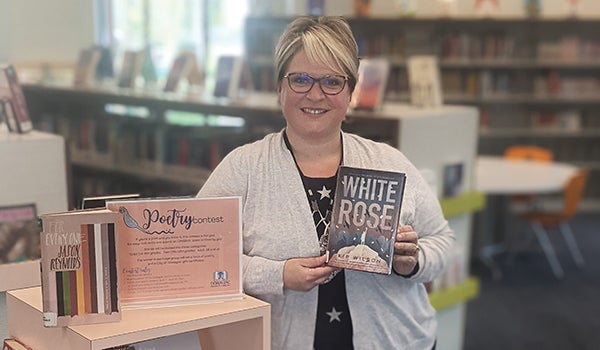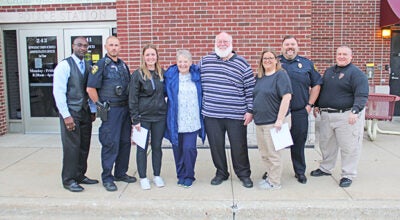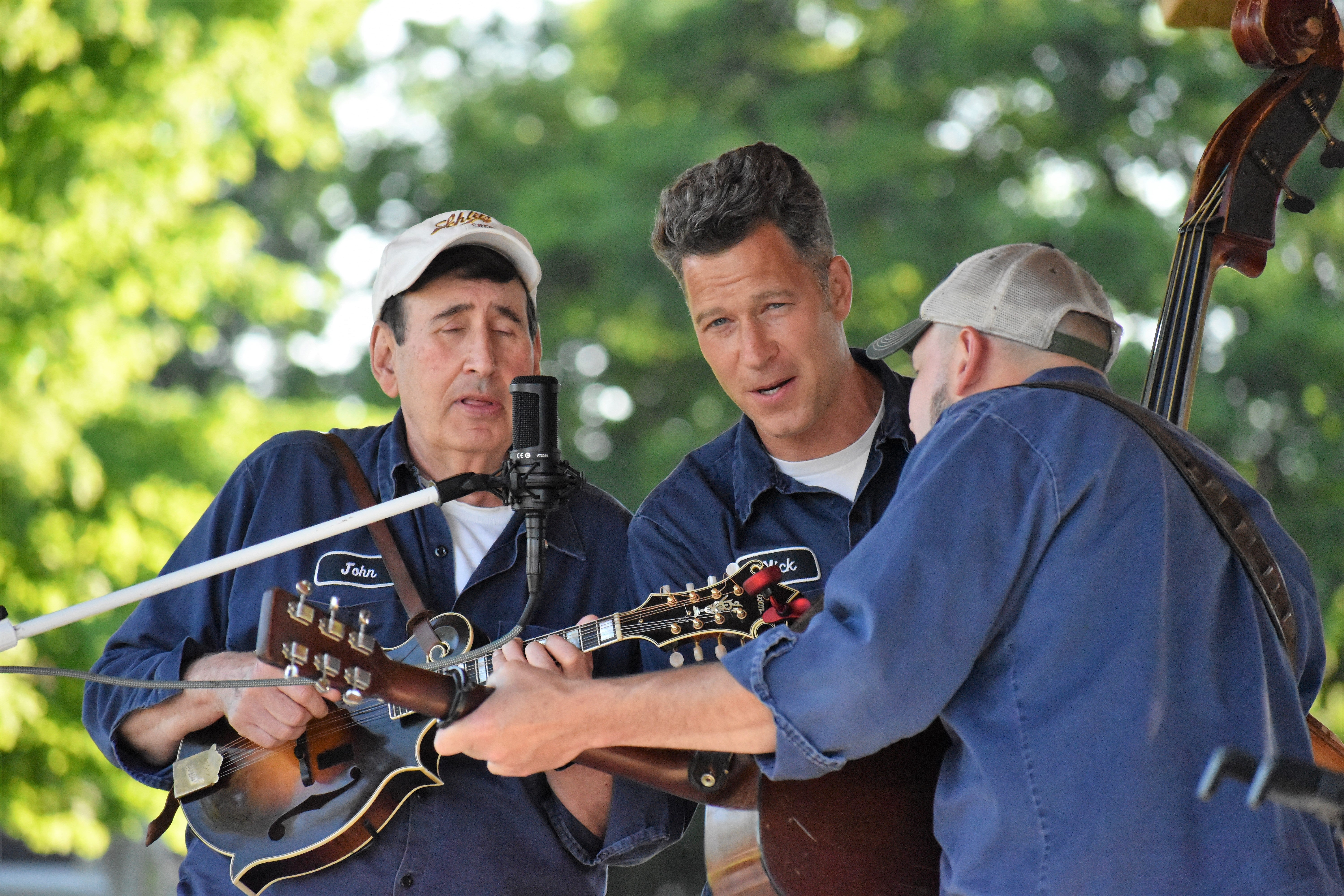Dowagiac District Library hosting poetry contest
Published 10:01 am Thursday, April 8, 2021
|
Getting your Trinity Audio player ready...
|
DOWAGIAC — The month of April is National Poetry Month, and the Dowagiac District Library’s celebration aims to pack a punch.
The library is hosting its own poetry contest this month, offering patrons of all ages a chance to flex their creative muscles.
Youth Services Coordinator Melissa Phillips created the contest as a way to celebrate poetry while engaging the community during the ongoing pandemic.
“I’m on a committee with other libraries in the surrounding communities where we had a teen writing contest,” she said. “Because of COVID, the committee decided this past year to let it go because we couldn’t do an event. We would’ve had to do it virtually. It’s just not the same because it gives the people who wrote a chance to read their winning poetry in front of someone or a paragraph from their story. Since it’s Poetry Month, and we have done things in the past to highlight Poetry Month, we as a library decided to put a contest together ourselves.”
Participants are asked to write and submit original poems, with entries divided into three age groups: Child (grades 1-6), Teen (grades 7-12) and Adult (18 and up). Entries are limited to one per person and must be submitted by April 30. Entries can be sent by email to mphillips@dowagiacdl.org or be dropped off at the library to library staff.
The winner in each age group will receive both a poetry book and a City of Dowagiac gift certificate.
According to Phillips, poetry is one of the most popular genres of literature for children.
“Poetry is super important, especially for young kids,” she said. “It actually helps with helping you learn how to read, rhyme and spell. You actually become better scholars when you read what when you grow up learning to read poetry too.”
Phillips hopes the contest will inspire young writers and rekindle a love for poetry in people of all ages.
“Most of us grew up loving poetry when we were younger,” she said. “At some point, you’re usually forced to either learn a poem, memorize it and recite it in front of your class and people have a horrible fear of presenting in front of others. Or they would make you write your own poem and present it, but then they felt the poem was their own private, personal feelings and don’t want people to know how they feel. Deconstructing poetry is not fun when you are used to just reading it for fun and learning it. My hope is that this contest will spark that interest again for people.”







